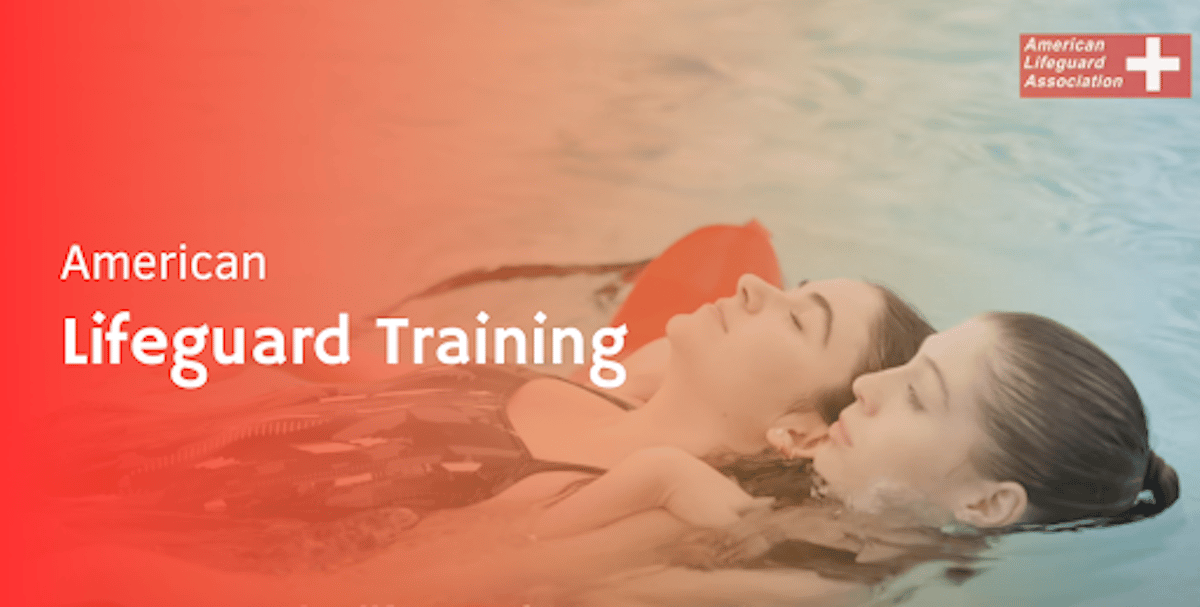Table of Contents
Lifeguards are the guardians of our beaches, swimming pools, and water parks. They are responsible for ensuring the safety of all patrons and providing life-saving skills when necessary. With their extensive training and certification, lifeguards play a crucial role in ensuring a safe and enjoyable aquatic experience for everyone.
Lifeguard training and Certification
Lifeguard training and certification are critical parts of becoming a lifeguard. Training typically covers a range of topics, including water rescue techniques, CPR, First Aid Certification, and emergency response procedures. Lifeguards must also be physically fit and capable of performing their duties and must have a strong work ethic and a commitment to safety.
Essential Life-Saving Skills
One of the most important skills that lifeguards are trained in is water rescue. This involves the use of various techniques and equipment to rescue individuals who are in distress in the water. Lifeguards must also be trained in CPR, first aid, and emergency response procedures, and must be able to recognize and respond to hazardous situations in the water.
Physical Fitness and Mental Toughness
In addition to their rescue and medical skills, lifeguards must also be physically fit and capable of performing their duties. They must be able to swim for extended periods, as well as perform rescues and CPR while wearing a life jacket and other safety gear. They must also be able to work in a fast-paced and stressful environment and remain calm and composed in the face of emergencies.
The Commitment to Safety
Lifeguards must also have a strong work ethic and a commitment to safety. They must be reliable and dedicated to their job, and be willing to work long hours and irregular schedules. They must also be able to work as part of a team and communicate effectively with other lifeguards and emergency personnel.
Ongoing Education and Certification
Lifeguard training and certification is an ongoing process. Lifeguards must renew their certifications every year to maintain their skills and to stay current with the latest safety protocols and procedures. This ensures that they are always ready to respond to any emergency that may arise.
Playing role in preventing accidents
Moreover, lifeguards also play an important role in preventing accidents from occurring in the first place. They are responsible for enforcing safety rules and regulations, such as no diving in shallow water and no horseplay in the pool. They also provide patrons with safety tips and advice and keep an eye out for any dangerous or potentially hazardous situations. By taking proactive measures to ensure the safety of patrons, lifeguards help to reduce the risk of accidents and injuries in the water.
Responding to emergencies
In addition to their role as safety supervisors, lifeguards also play a key role in responding to emergencies. They are trained to assess and respond to a wide range of emergencies, including cardiac arrest, drowning, and injuries. They are equipped with the knowledge and skills to provide appropriate first aid and medical care until paramedics arrive. Lifeguards must also be prepared to make split-second decisions in life-threatening situations and to act quickly and decisively to save lives.
Ambassadors for Water Safety
Finally, it is important to remember that lifeguards are more than just safety supervisors. They are also ambassadors for water safety and play an important role in educating the public about the importance of staying safe in the water. They also help to create a fun and enjoyable atmosphere at aquatic venues and are often the first point of contact for patrons seeking information or assistance. Whether they are providing life-saving skills, enforcing safety rules, or simply helping patrons to have a great day at the pool or beach, lifeguards play a vital role in the aquatic community.
The American Lifeguard Association: A Leading Provider of Lifeguard training
The American Lifeguard Association is a leading provider of lifeguard training and certification. They offer a wide range of programs and courses to help individuals become certified lifeguards, and to help existing lifeguards renew and update their skills. The American Lifeguard Association is dedicated to promoting the importance of water safety and to providing lifeguards with the skills and training they need to do their job effectively and safely.
Conclusion
Lifeguards play a crucial role in ensuring the safety of everyone who enters the water. Their training and certification in water rescue, CPR, first aid, emergency response, and customer service, combined with their ongoing education, make them an essential part of any aquatic environment.
Whether you are a swimmer, surfer, or simply someone who enjoys spending time at the beach, it is important to appreciate the life-saving skills of lifeguards and to support their ongoing training and certification through organizations like the American Lifeguard Association (ALA).
ALA offers different types of lifeguard courses for shallow and deep water. ALA has trained over a quarter million lifeguards in more than thirty years. If you are looking for lifeguard training for this summer, then ALA is just the right place for you.


